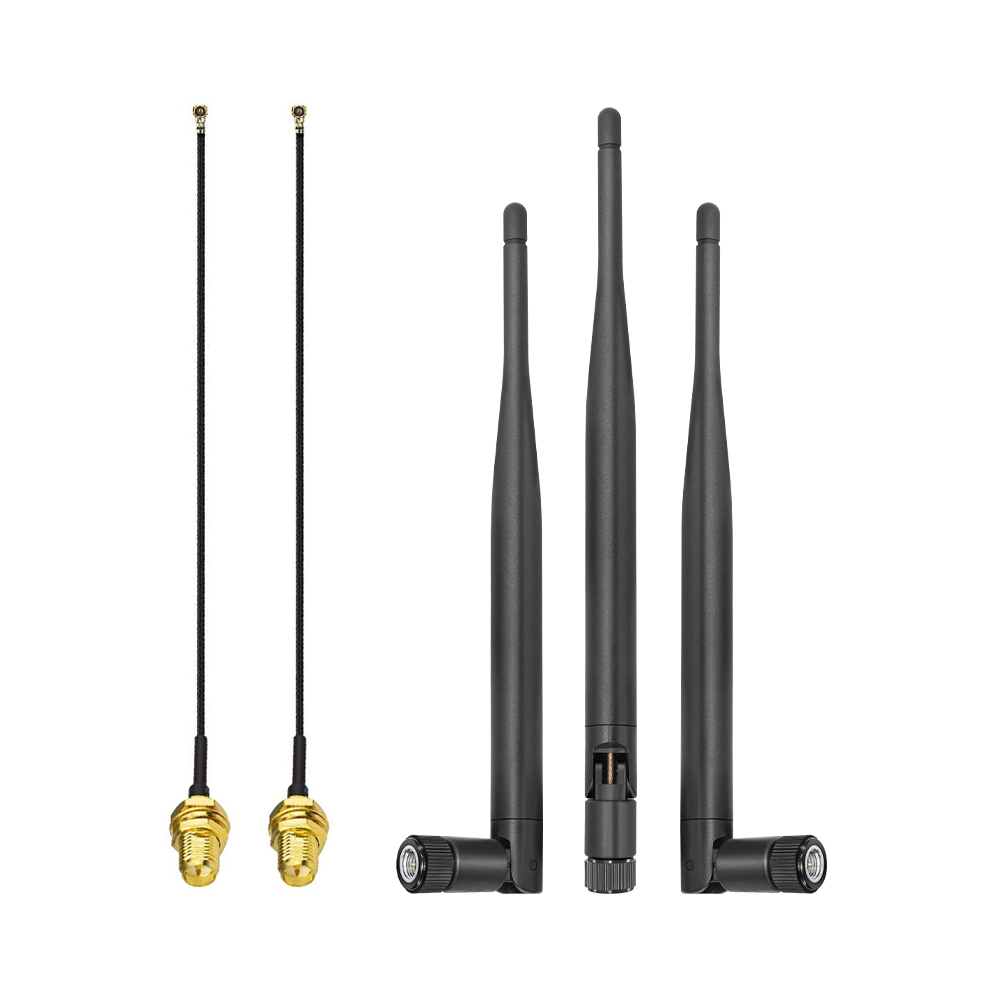The Evolution of RF Modules: From Early Designs to Modern Applications
Body
Radio Frequency (RF) modules have undergone significant transformations since their inception. These compact devices are essential for wireless communication, enabling various applications across multiple industries. Understanding the evolution of RF modules not only highlights their importance but also sheds light on the future of wireless technology.

What Are RF Modules?
RF modules are integrated circuits that facilitate wireless communication by transmitting and receiving radio signals. They are crucial components in devices such as remote controls, wireless sensors, and IoT applications. The primary function of these modules is to convert digital data into radio waves and vice versa, allowing for seamless communication over distances.
The Early Days of RF Modules
In the early days, RF modules were bulky and primarily used in military and industrial applications. These early designs were limited in range and functionality. However, as technology advanced, the size of RF modules decreased while their capabilities expanded. This evolution was driven by the need for more efficient communication systems in both consumer and commercial markets.
Key Features of Early RF Modules
- Large physical size
- Limited frequency range
- High power consumption
- Basic modulation techniques
Modern RF Modules: A Technological Leap
Today, RF modules are smaller, more efficient, and capable of operating over a wider frequency range. They incorporate advanced technologies such as frequency hopping, spread spectrum, and digital signal processing. These enhancements have made RF modules suitable for a variety of applications, including:
- Wireless sensor networks
- Smart home devices
- Wearable technology
- Automotive systems
As a result, the demand for RF modules has surged, leading to innovations that improve their performance and reliability. For instance, the integration of low-power technologies allows devices to operate longer on battery power, which is crucial for portable applications.
Applications of RF Modules in Today's World
RF modules play a pivotal role in the Internet of Things (IoT), enabling devices to communicate with each other and with centralized systems. This connectivity is vital for smart cities, industrial automation, and healthcare monitoring systems. Furthermore, RF modules are increasingly used in:
- Telecommunications
- Remote monitoring systems
- RFID technology
- Consumer electronics
As industries continue to embrace wireless technology, the versatility of RF modules will only increase. Their ability to support various communication protocols makes them indispensable in modern technology.
Conclusion: The Future of RF Modules
The evolution of RF modules reflects the rapid advancements in wireless technology. As we look to the future, it is clear that these modules will continue to evolve, becoming even more integral to our daily lives. For those interested in exploring high-quality RF modules and antennas, consider visiting  for a comprehensive collection.
for a comprehensive collection.
In summary, rf modules have transformed from rudimentary devices into sophisticated components that drive modern communication systems. Their ongoing development will undoubtedly shape the future of technology, making it essential for professionals and enthusiasts alike to stay informed about these advancements.











Comments